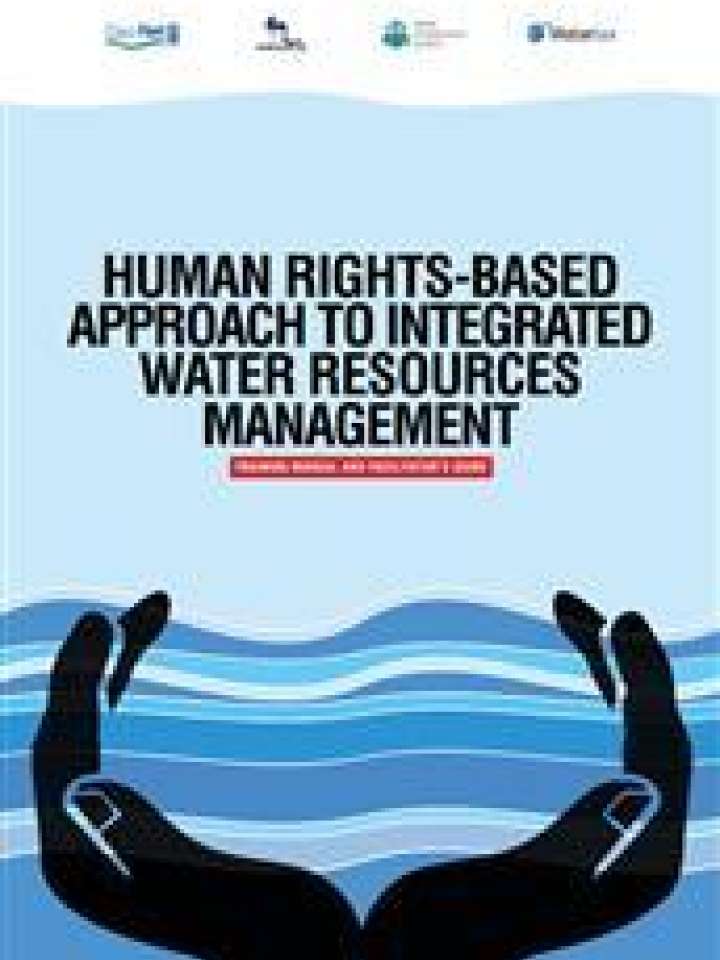Human rights-based approach to integrated water resources management
This manual brings together human rights and Integrated Water Resource Management (IWRM). These two fields have been brought together as awareness has grown within the human rights community that water management is fundamental to the realization of a range of human rights. Similarly, water management practitioners have become increasingly aware of the crucial importance of water in key human rights domains, such as the right to life, the right to health, the right to food and the right to a healthy environment.
The document describes how catchment management plans need to be flexible and adaptive in order to take into account the continuous changes in human and natural environments and peak environmental events (extreme weather, floods, etc). The human rights-based approach (HRBA) builds on the standards contained in, and the principles derived from, the 1948 Universal Declaration of Human Rights and other international, regional and domestic human rights instruments. These core principles are universality and inalienability; indivisibility; interdependence and inter-relatedness; equality and non-discrimination; participation and inclusion; and accountability and rule of law.
Often difficult choices need to be made with regards to competing demands for water in society and across economic sectors. The central goal of IWRM as a balancing tool hints at the fact that IWRM also contains elements that help to achieve justice in society. IWRM is a cornerstone of water governance, and water governance is, in turn, essential for the realization of human rights.
This document argues that IWRM needs to be adjusted to balance competing environmental and social needs while complying with human rights in order to ensure the long-term sustainability of water.
Explore further
